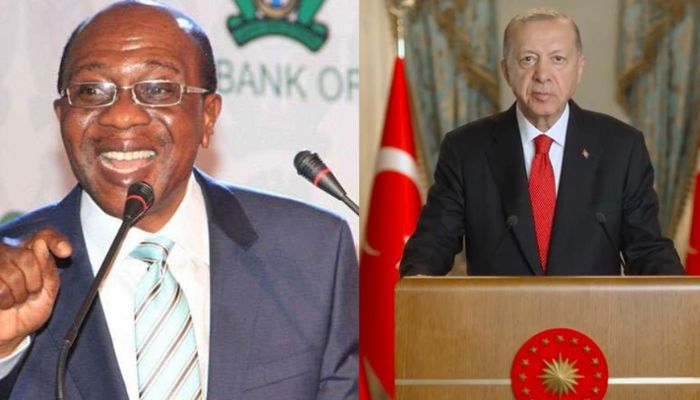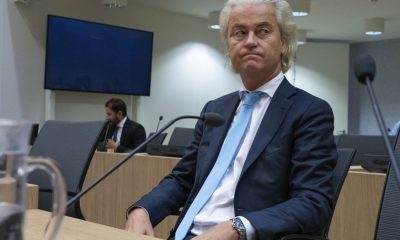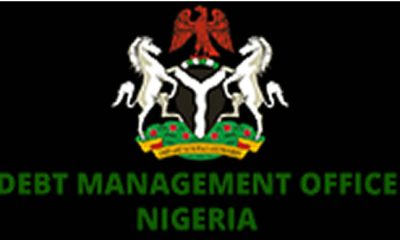Opinion
Coverage imprecision and the Nigeria-Turkey semblance

The Governor of the Central Financial institution of Nigeria, Godwin Emefiele and Turkey’s President, Tayyip Erdogan, appear to have one thing spectacular in widespread: making unconventional financial selections with out borrowing warning from the ocean of specialists that encompass them.
Final month, Nigeria’s inflation fee reached new file highs, because the Nationwide Bureau of Statistics reported July 2022 inflation determine to be 19.7 per cent year-on-year. In comparison with a yr earlier, the brand new determine represents a 2.27 % bounce from July 2021’s 17.38 % fee.
Which means that, on common, Nigerian’s buying energy has declined by that incremental issue simply inside a yr, they usually should both spend extra this yr to get pleasure from the identical degree of satisfaction that they had final yr or altogether recalibrate their spending schedule now to take care of their earlier yr’s dwelling customary. Both method, customers are worse off when inflation reveals its ugly face.
Mr Emefiele’s determination to drive up rates of interest in response to hovering costs has led to but extra miserable outcomes in the true financial system. Many critics of his administration have warned about his poor coverage decisions and his disdain for dealing with the nation’s foreign money dilemma headlong.
Maybe, Mr Emefiele might have employed the Turkish president as his non-public financial coverage adviser since his coverage decisions appear to at all times circulation in the wrong way to what ought to have been hitherto pursued, as is the case of Mr Erdogan.
Turkey’s present inflation fee is about 80 %. Whereas this staggering worth degree might have been fuelled by situations equivalent to extreme capital account deficit and huge overseas currency-denominated non-public money owed, many consider that the rising financial woes are largely brought on by the president’s authoritarian type of presidency and his unorthodoxy in financial coverage administration.
Learn additionally: US outlines new sub-Saharan Africa coverage
Turkish Statistics Company has reported that annual development within the nation’s common costs rose from 73.5 % in Could 2022 to 78.6 % in June. Many economists throughout the Turkish area have blamed the value will increase on the hike in oil and fuel costs.
In response, the federal government has resorted to lifting the month-to-month wage of about 40 % of the nation’s workforce from $254 to $328. In the meantime, in Istanbul, the state’s chamber of commerce has reported that inflation within the nation’s largest metropolis has peaked at an annual fee of 94 %.
Extra revealing is the determine launched by an unbiased Turkish economist group, whose declare on precise inflation figures largely departs from what the federal government’s official sources say. In line with the group, client costs have been reported to rise by 175 % in June 2022, in comparison with a yr earlier than.
These episodes of aggravated costs may be traced again to the financial system’s experiences through the European debt disaster in 2012 and a subsequent risk of upper rates of interest by the US Federal Reserve in 2013. These mixed have humbled the attraction of the Turkish lira and the worth of the identical has remained submerged.
In 2018, Erdogan launched into a “new financial mannequin” as a technique to see a comeback within the worth of the home foreign money. This technique, nonetheless, required setting apart rising inflation and specializing in slicing down charges as an alternative within the hope that financial development would reply positively.
This concept was contested by the central financial institution chief, however resolute and unflinching about his concept, the president maintained his floor. On account of the low-interest fee coverage amid the climbing inflation fee, the lira plunged to file lows, thus pushing prices additional northwards. That is particularly unhappy for a rustic that relies upon closely on power imports and different supplies.
Exacerbated by the Russia-Ukraine conflict, power and meals costs in Turkey have spiked to unbelievable heights. An inflationary spiral, which was precipitated by a sequence of rate of interest dwarfing as ordered by the president within the hope that financial stimulus would enhance investments and exports, had returned with a lira curse. In consequence, import costs have ballooned and the nation’s residents have been thrown into an period of pointless hardship.
Nigeria’s story shouldn’t be too completely different from Turkey’s. Each sovereign beings of their completely different capacities appear to care much less in regards to the ridicule they’ve brought about their economies by pursuing sub-optimal insurance policies beneath the pretext of attempting to advertise development and foreign money stability.
Nigerians have now resorted to lean budgets and postponed gratifications to accommodate the brand new actuality that befalls them. All inside coverage watch, the state of affairs doesn’t appear to get higher.
Maybe, policymakers ought to be extra strategic in planning which have extra spectacular medium to long-term results quite than simply considering round their nostril lengths. Certainly, spectacular short-term plans are mandatory to attain some financial changes wherever potential, however longer-term insurance policies serve extra persistent corrective roles that element deeper into a number of sectors (nearly) concurrently.
Extra importantly, nonetheless, coverage decisions – whether or not quick, medium or long run – ought to be applicable for the state of affairs, well timed actioned and nicely consultant of the country-specific identities for which they have been created or chosen within the first occasion.
























